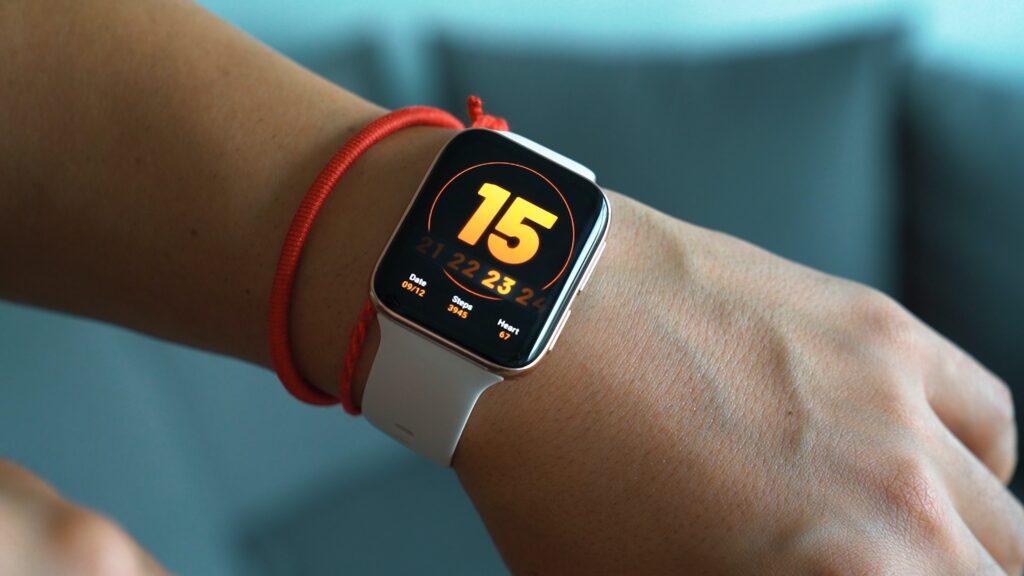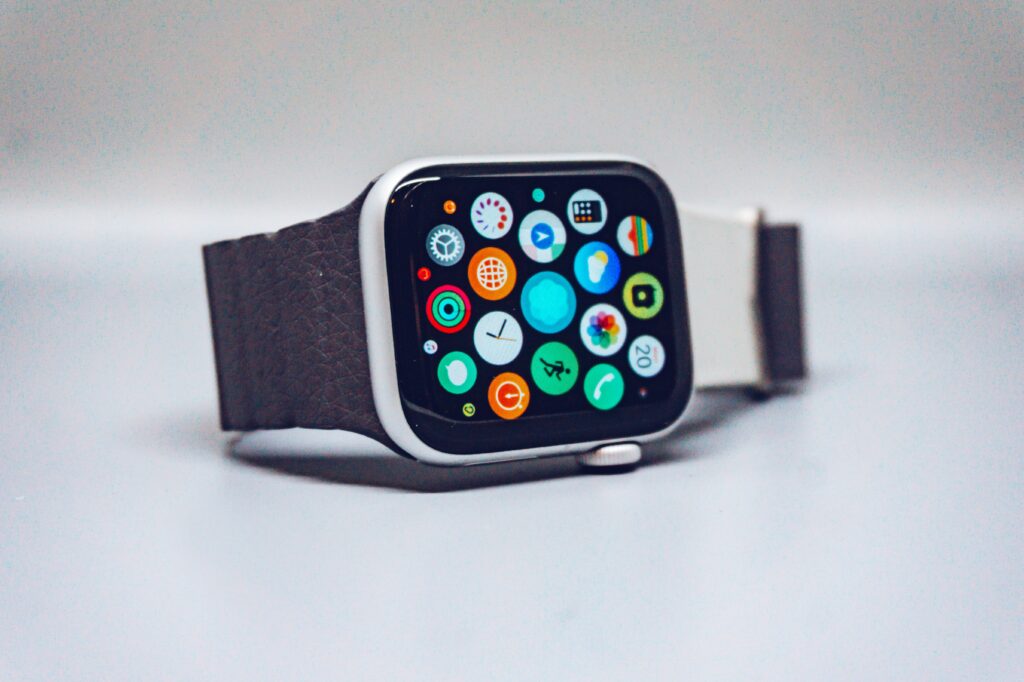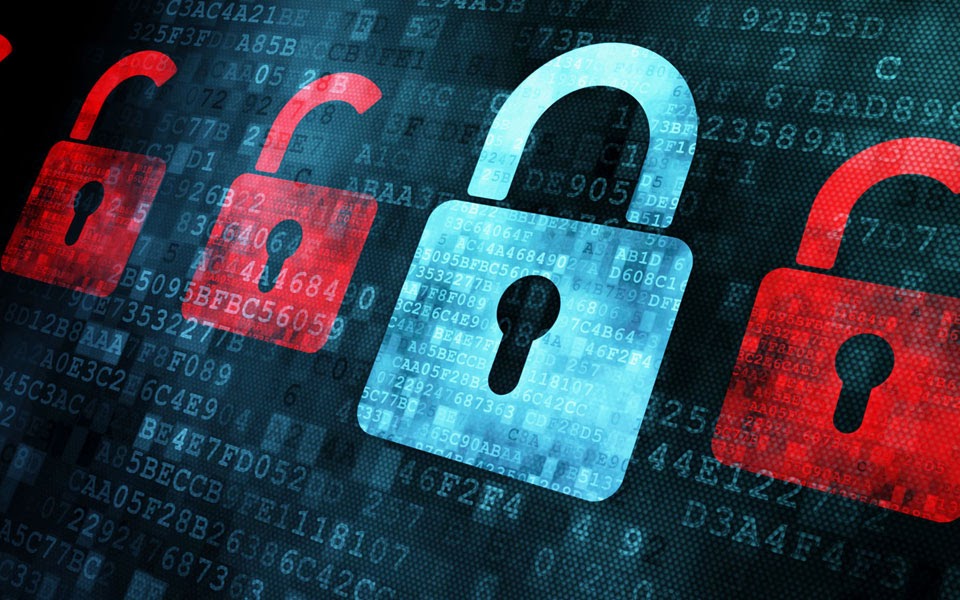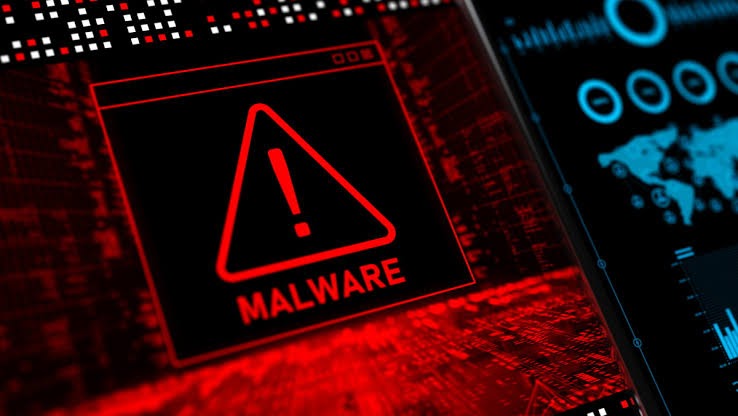Gone are the days we rarely go online. In recent times, we “live” on the internet. From purchasing items on Amazon to making friends on Facebook and getting entertained on YouTube. A password is your key to accessing all these platforms.
Having accounts on many sites means you will have multiple passwords. This makes it somewhat difficult to create, remember and secure hard-to-guess passwords.
Luckily, there are easy ways to manage all your passwords and keep you safe online. This blog post contains all the tips you need to stay secure online.
How to Manage Your Password
Here are some ways you can securely manage your password:
Use Long Passwords Containing Numbers and Characters
Long passwords are easy to remember but hard to guess. The longer it is, the harder it is for hackers to crack. It’s advisable to make your passwords 16 to 20 characters long.
To make it easier to recall, use sentences and phrases. You can use a phrase from your favorite song or quote. For example, “Ihaveadream” or “Inthearena.” Additionally, you can combine upper and lower-case letters, numbers, and special symbols to make it more sophisticated. For example,” Ih@veadreaM2021”
Even though making your password memorable is beneficial, it is wise to avoid using names of people and common things others know about you, like your hometown, child’s name, or date of birth as people that know you will guess them easily.
Avoid Repeating the Same Password and Email
Many people always repeat the same password for all their online accounts. Always resist this temptation as it makes you highly vulnerable. Once a hacker gains access to one of your online accounts, they can easily log in to others causing great damage.
At the same time, it’s wise to use different emails for different accounts. The best way to achieve this is to categorize your emails. Use one for financial and official purposes and the other for social media. You can also create an email for signing up on new yet-to-be-trusted websites and apps.
Using separate emails can help you to detect phishing emails easily. For example, you automatically know it’s a scam when you receive a supposed work-related email on your email address dedicated to social media.
Update Your Passwords Regularly
If you have been in the habit of using the same password for many websites or you log in to your account on multiple devices, it is necessary to update it regularly to stay safe.
Utilize Password Manager
If you find it hard to remember multiple passwords, a good password manager can serve as your trustworthy companion. Password managers are designed to store, backup, and sync your passwords across all your devices.
There are tons of free password managers, but the paid ones offer more features. These password managers keep all your hard-to-crack passwords together in one place. They also log you in automatically. You don’t need to type your password every time you want to log in online. The only password you need to remember and keep safe is that of the password manager you choose.
Here are some efficient password managers:
- Myki Password Manager & Authenticator
- Bitwarden
- WWPass PassHub
- LogMeOnce Password Management Suite Premium
- LastPass
Use Multi-Factor Security
Multi-factor authentication seems inconvenient but makes your online accounts more secure. You can see it as adding another layer of security beyond username and password. It involves proving you own the account using any combination of passwords, biometrics, a code to your phone number, or generating codes from authentication apps.
Using a strong password has its limitations. You become vulnerable once a hacker learns it. With Multi-factor authentication, password alone is worthless. Always check the security settings of all your online accounts to know if they have a two-factor authentication option and enable it.
Use Passcode for All Your Devices
Leaving your device without a passcode is like leaving the door to your house open. Anyone can easily access your phone or laptop without your permission, and they could mess with your personal data.
Most devices come with many options for the screen lock. Ensure you set it up immediately when you buy a new device. You can use either pin, password, fingerprint, or FaceID to lock and unlock your phone. Don’t just settle for one. Combine 2 to 3 locking options to keep your information more protected.
Check Before Click
There are tons of hackers out there trying to get people’s information using various social engineering tricks to steal your login details and personal data. This is popularly known as phishing.
These hackers send links through emails, social media, text. Most of the links come in the guise of legitimate messages from banks, big brands promotions, or device security apps. When you click these links, they typically take you to a fake login page to obtain your password and username.
These scammers also make use of automated calls and malicious apps. Whenever something appears odd, cross-check by browsing about it before you click. Additionally, you should download all your apps from legitimate sources like Google play store and Apple App Store.
Do Not Share Your Password With People
This is a rule of thumb. Your password is a piece of very personal information, and no one should know it. Except when it is utterly necessary, you shouldn’t even reveal it to family and friends.
Use VPN When Necessary
This is highly recommended if you regularly connect to a WiFi network that is not yours. Suppose you use WiFi at a hotel or eatery where you’re ignorant of the security of that connection. Someone can be monitoring your online activities and stealing your personal data from your device without your knowledge.
Using a VPN encrypts your internet connection keeping you safe from hackers intending to snoop your data through the public WiFi.
Protect Your WiFi
Most new WiFi routers come with an easy-to-guess password. Ensure you change it immediately before use. Aside from making the password strong, It is also important to avoid using names associated with you on your WiFi, such as “James Home” “John’s WiFi.”
Hackers around you can easily figure out your WiFi and join getting your password from things they know about you.
Final Lock
Anyone can be a victim of hackers and scammers. Make it a habit to constantly check the security of your passwords and the online platforms you use. According to the theme of 2020 Cyber Security Awareness Month (CSAM), “If You Connect It, Protect It.”




























